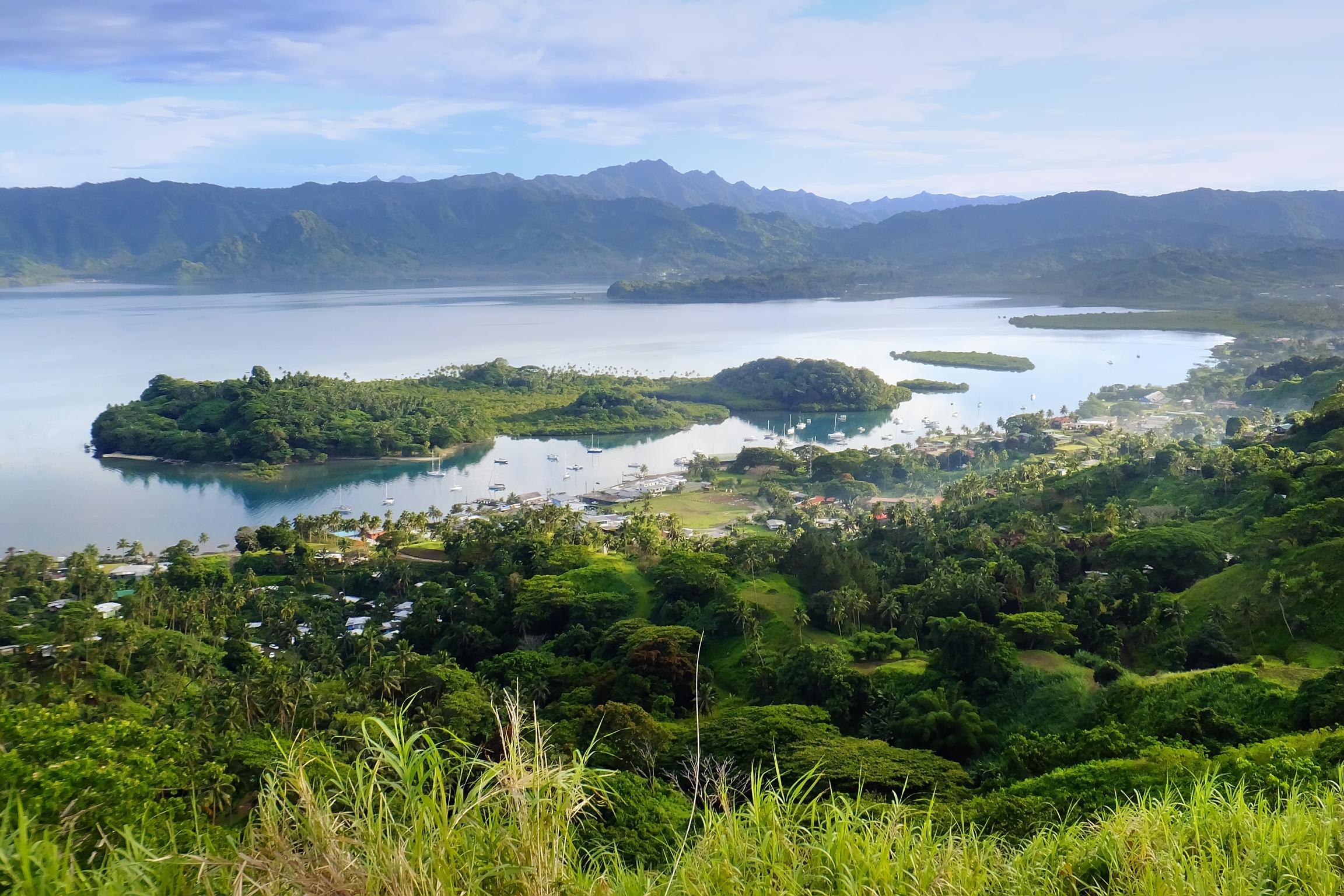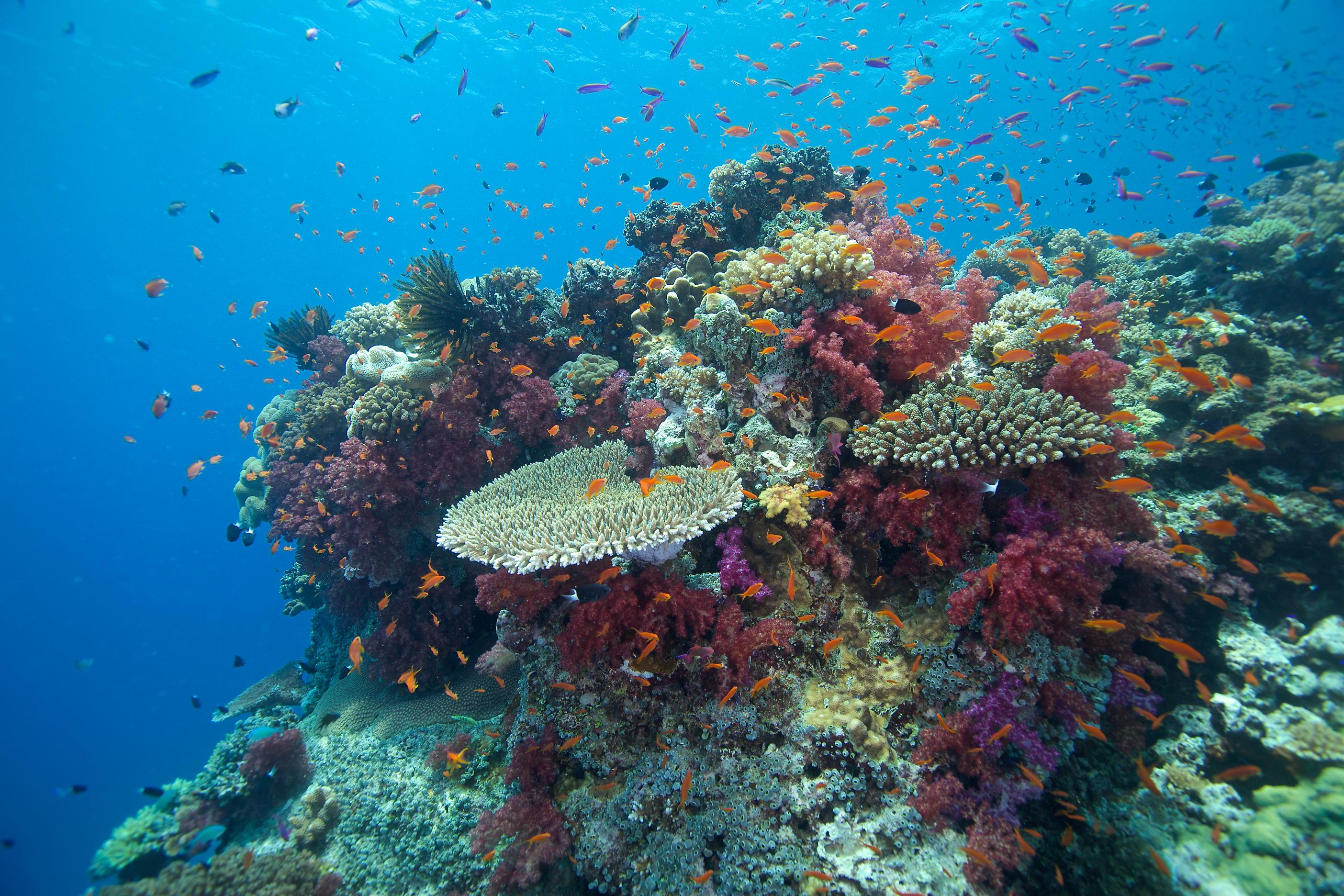
Conserving Fiji’s watersheds, forests and fisheries for communities
The South Pacific nation of Fiji spans forests, mountains and coral reefs spread across hundreds of islands and islets. But as climate change intensifies, Fiji’s wildlife and natural resources are at risk.
From the mountains to the coasts of the sea, Conservation International-Fiji works with communities to protect nature — an approach we call “ridge to reef.” As part of this work, we provide technical support to policy makers on forest and fishery conservation, work with communities to improve food security and access to fresh water, and help establish protected areas that connect key biodiversity zones across the country.
With the help of our partners, we have conducted ecological and socio-economic research to inform conservation management and policy decisions. This research has led to the identification and protection of some of the country’s most biodiverse regions, such as the lush Sovi Basin, which provides fresh water to more than 300,000 Fijians, and the mountainous Nakauvadra region, where we have established a community-led reforestation project.
2003
YEAR FOUNDED
140K
PEOPLE
dependent on nature in Fiji1
28M
METRIC TONS
of irrecoverable carbon in Fiji2
54
VERTEBRATE SPECIES
that are endemic to Fiji3
Areas we work

Bringing sustainable management to the Lau Seascape
Fiji’s Lau Seascape is home to a complex coral reef system that provides sanctuary for marine wildlife and livelihoods for local communities.
In close partnership with the Fiji Locally Managed Marine Area Network (FLMMA), Conservation International-Fiji aims to implement our ridge-to-reef approach to conservation that takes economic, environmental and societal factors into account. Through research and scientific collaboration, our team is gathering data to understand the biodiversity and natural resources of the Lau Islands. We aim to foster local stewardship of the area and its resources by supporting effective co-management between communities and the government.
References
- Fedele, G., Donatti, C. I., Bornacelly, I., & Hole, D. G. (2021). Nature-dependent people: Mapping human direct use of nature for basic needs across the tropics. ScienceDirect, 71. https://doi.org/10.1016/j.gloenvcha.2021.102368
- Conservation International (2021, November). Irrecoverable Carbon. Retrieved January 2025, from https://www.conservation.org/irrecoverable-carbon
- The IUCN Red List of Threatened Species. (2024). Table 8a: Total, threatened, and EX & EW endemic species in each country [Fact sheet]. https://www.iucnredlist.org/resources/summary-statistics#Summary%20Tables